
Browse all content tagged with this keyword.
Showing 57 results
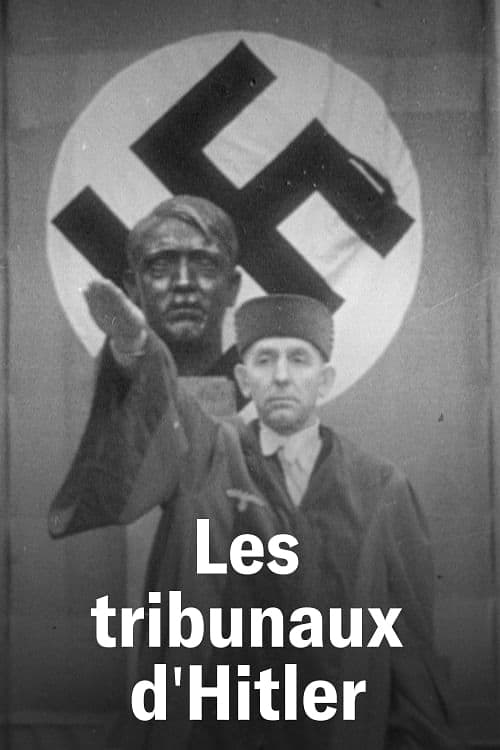

Examining the life and times of Adolf Hitler and following...
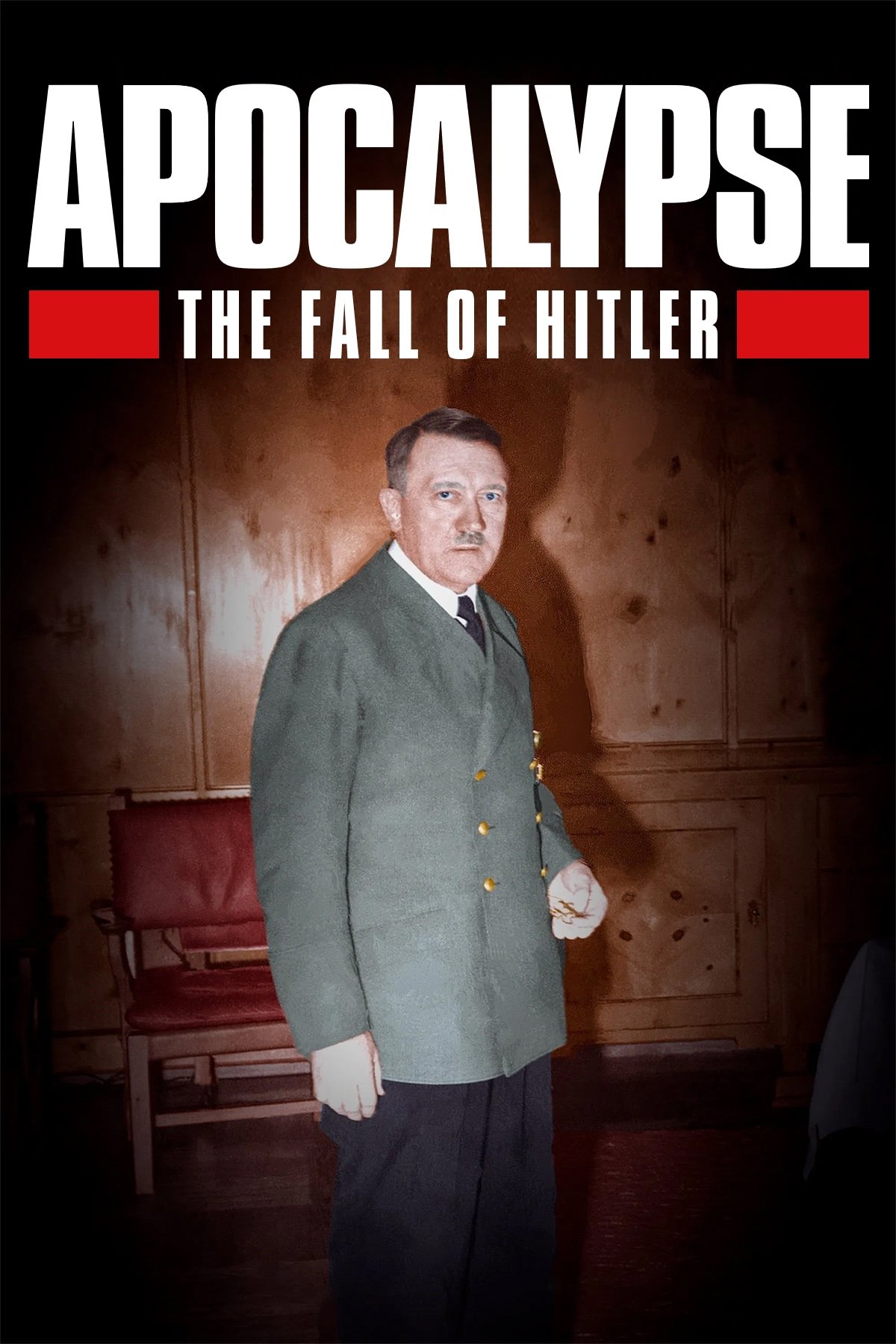
Summer 1943: Hitler engages in a decisive battle in Kursk...

How did Nazi Germany, from limited natural resources, mass unemployment,...
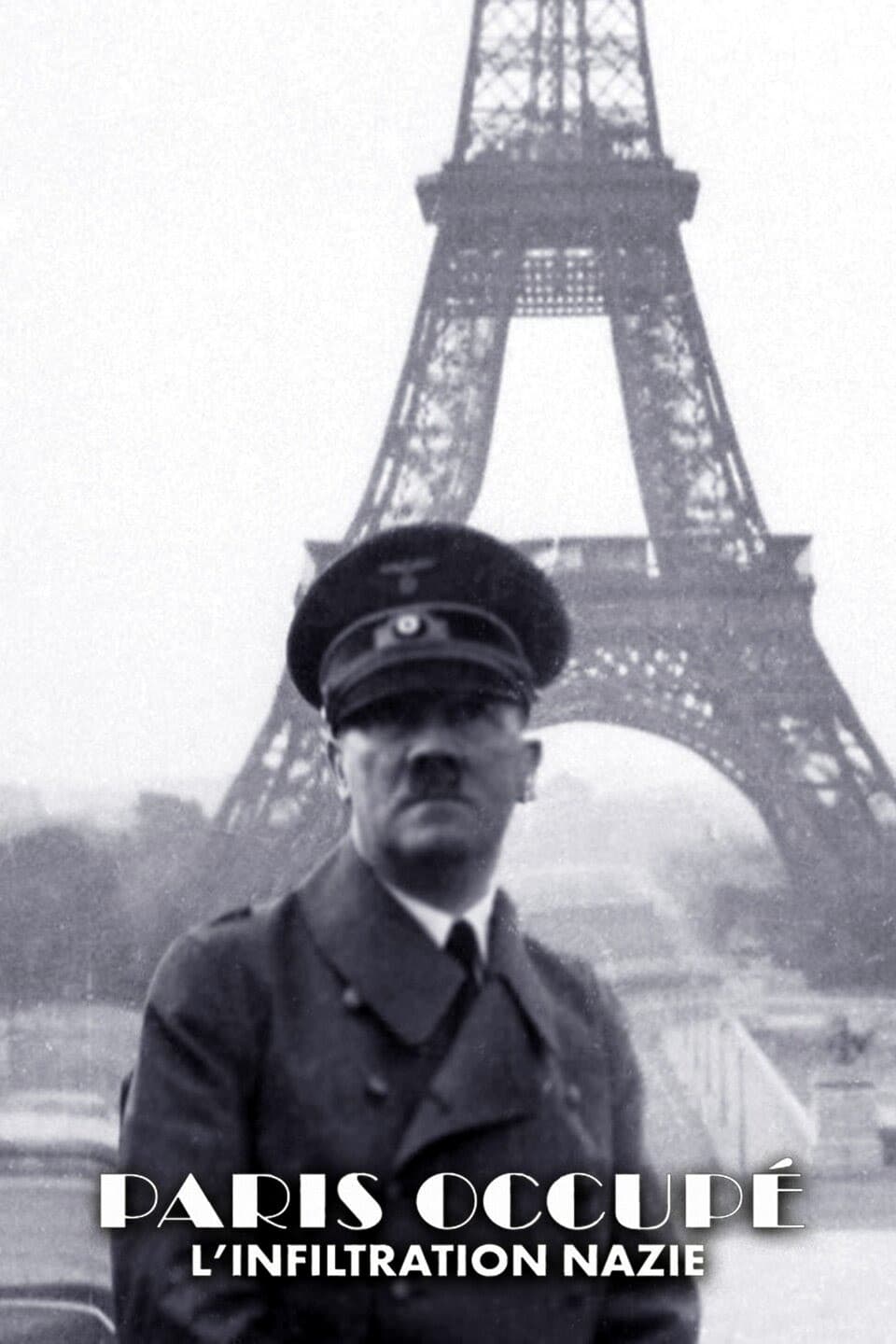
Discovering Paris under the German occupation through the story of...
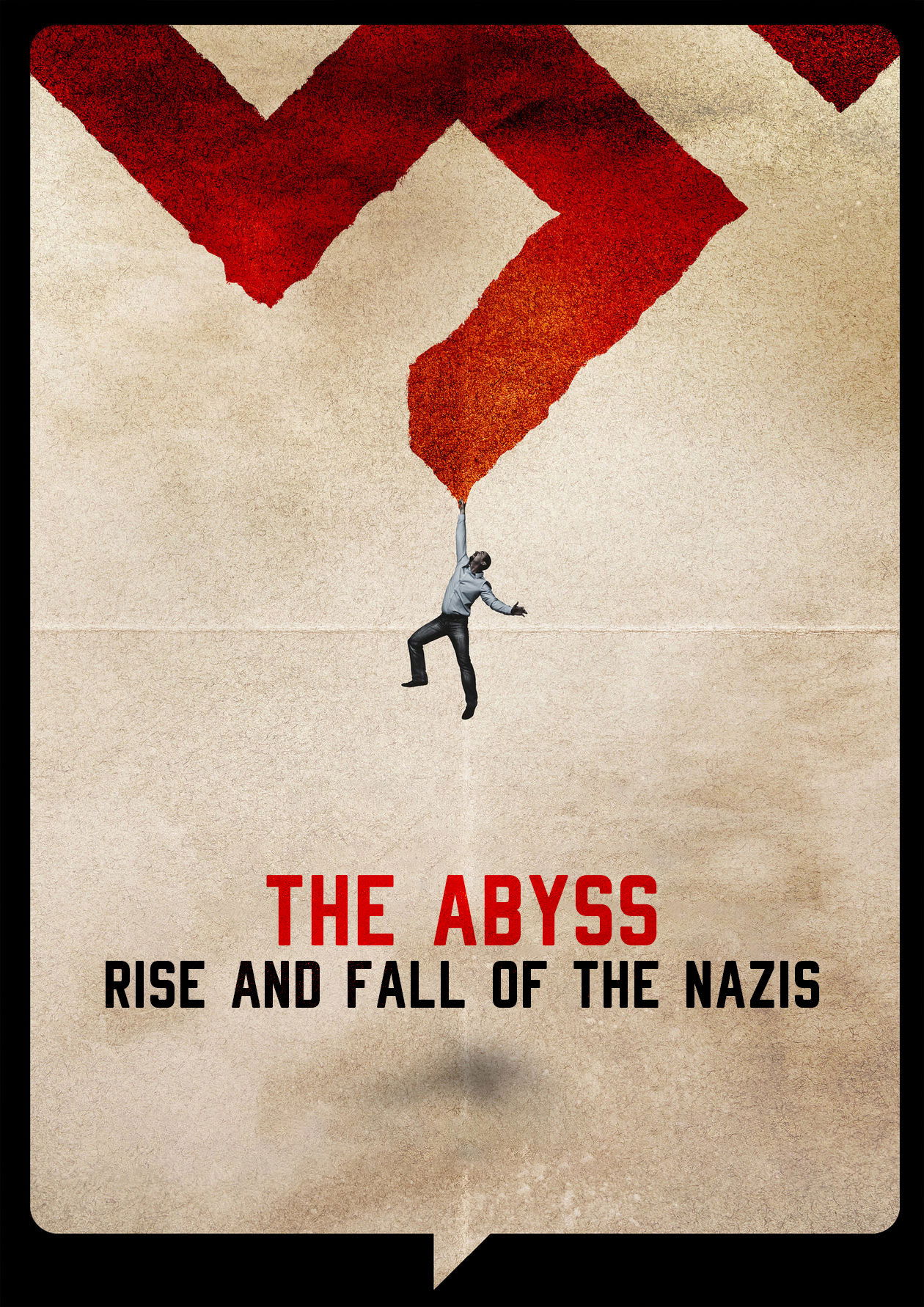
Explores the Third Reich from a contemporary perspective to investigate...

Between 1914 and 1945, two major conflicts engulfed the planet....

Germany, 1929. Helmut Machemer and Erna Schwalbe fall madly in...
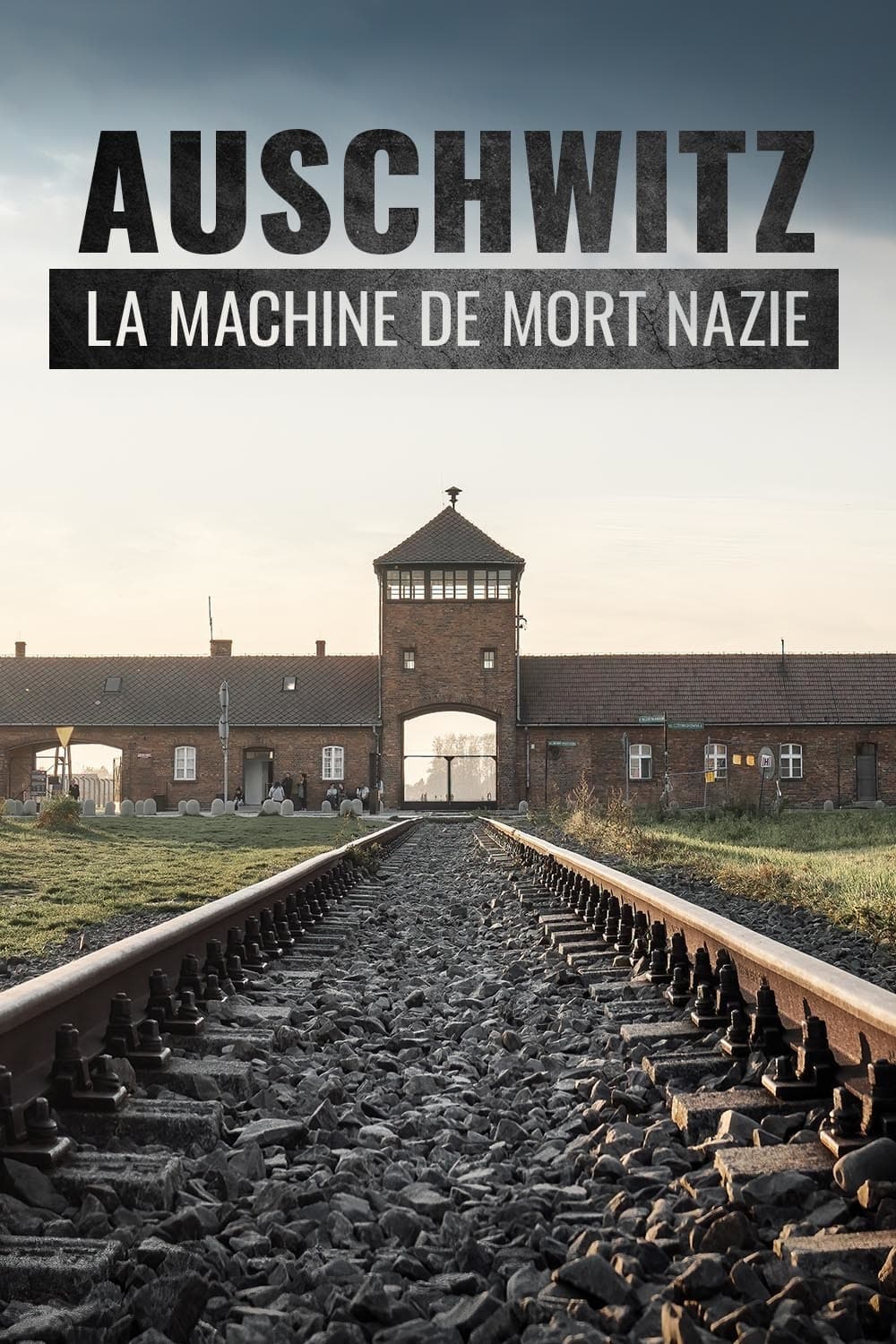
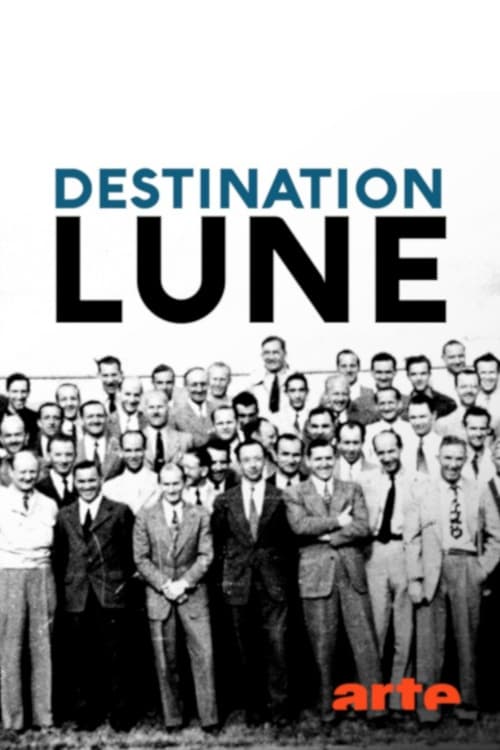
The spectacular moon landing in 1969 was also a success...
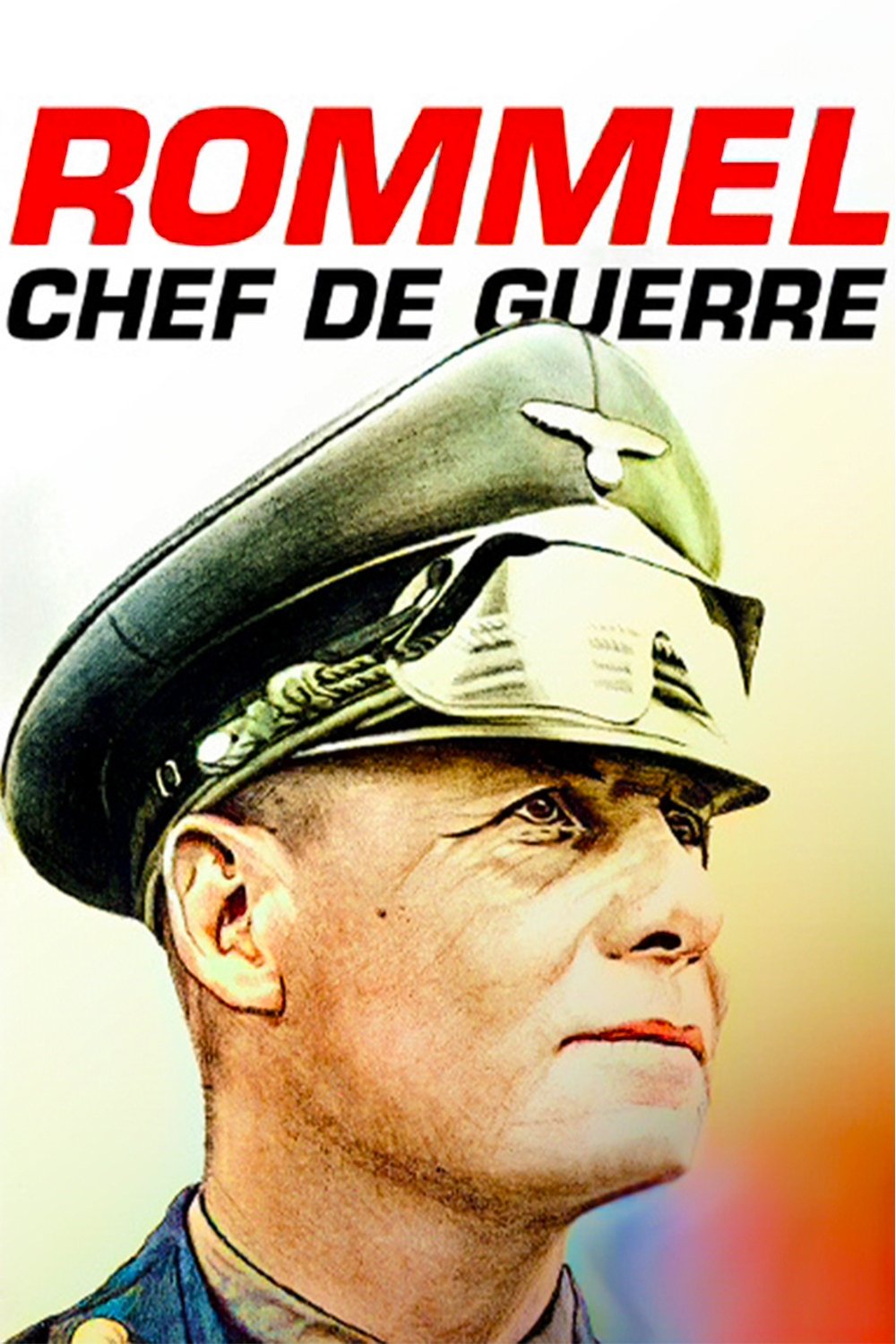
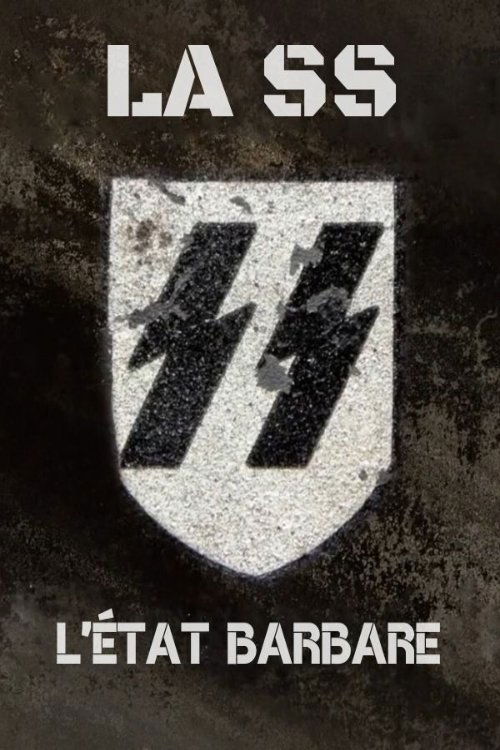
During the Nuremberg Trials, the victors of the Second World...
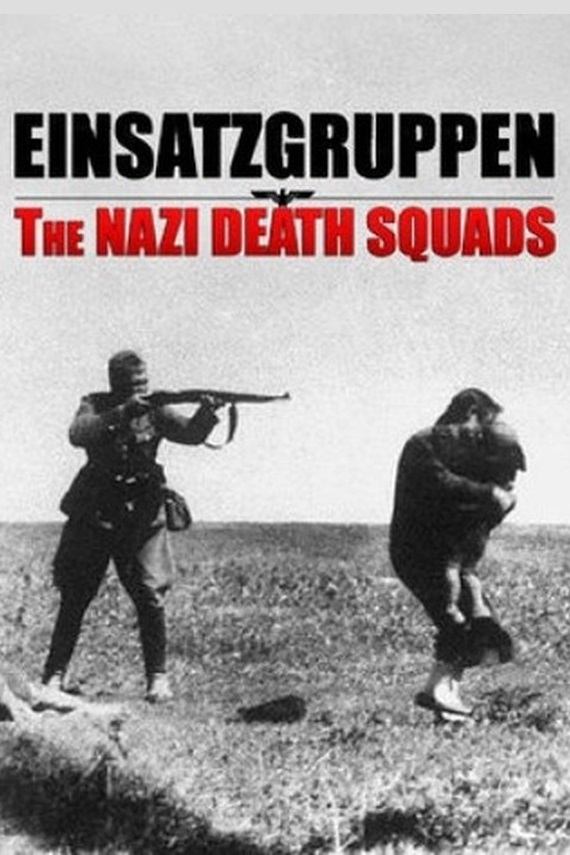
This documentary series examines the Einsatzgruppen, Nazis responsible for the...
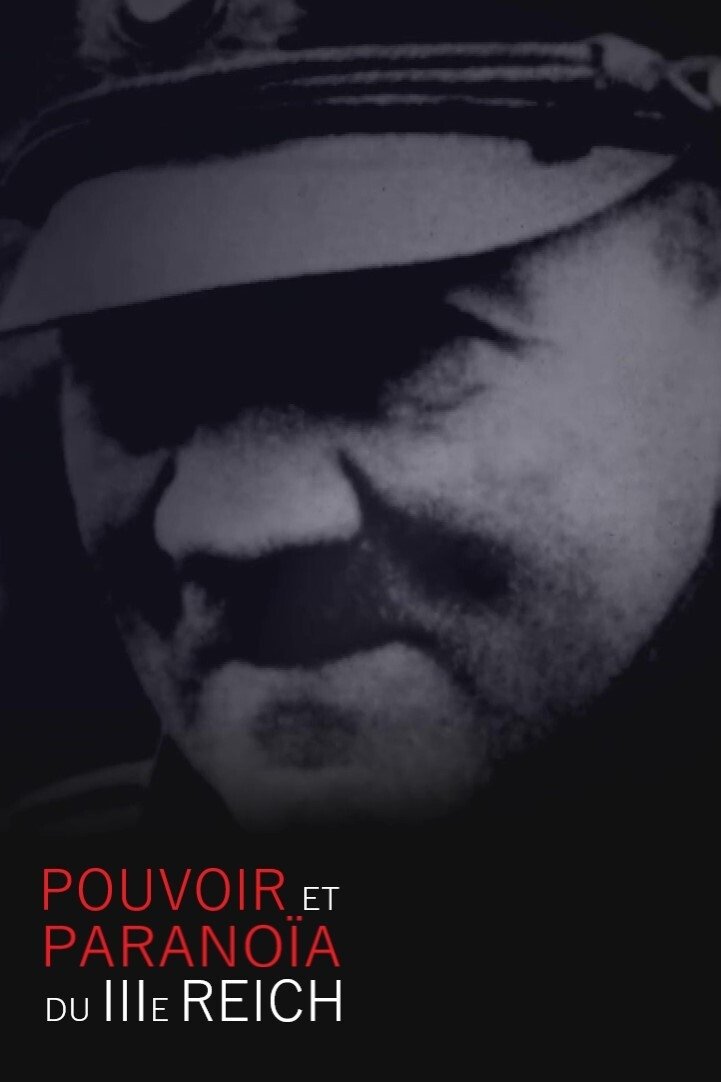

Strasbourg was home to one of three Reich Universities founded...
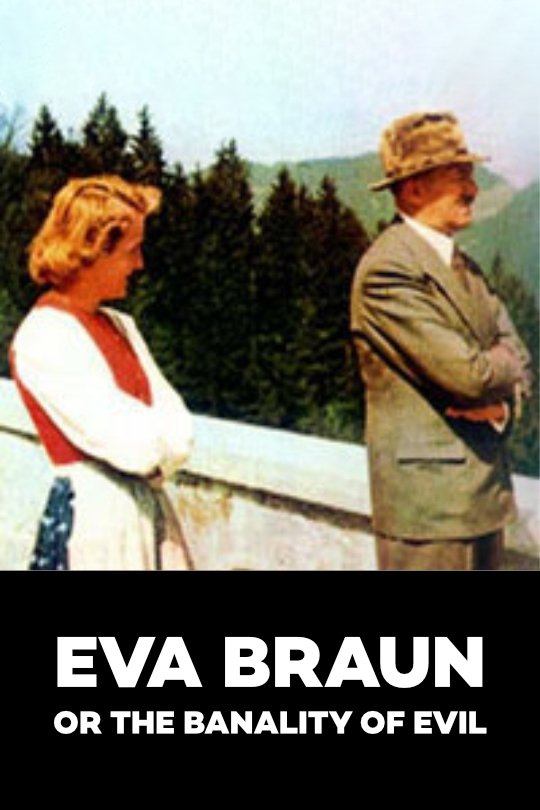
Daniel Costelle and Isabelle Clarke have found at the NARA...

A reassessment of the role Albert Speer played in the...